11 Foods to Help Reduce Cholesterol – A Guide for Low-Cholesterol, Low-Triglyceride Dieting
A diet which is high in saturated fats are known to raise cholesterol levels. These fats are found mainly in animal products (red meat) and full-fat dairy products. Trans fats also contribute to elevated levels of cholesterol, and are found in fast foods and commercially baked breads and snacks.
Over prolonged periods of time, this cholesterol mixes with other substances in the body, and begins to build up inside the walls of body’s arteries. This build-up clogs the arteries, and reduces blood flow to the body. It also forces the heart to work more, weakening its ability to perform at optimal levels. Coupled with a lack of physical activity, full-body blood circulation become diminished, and the chances of heart disease and stroke increase.
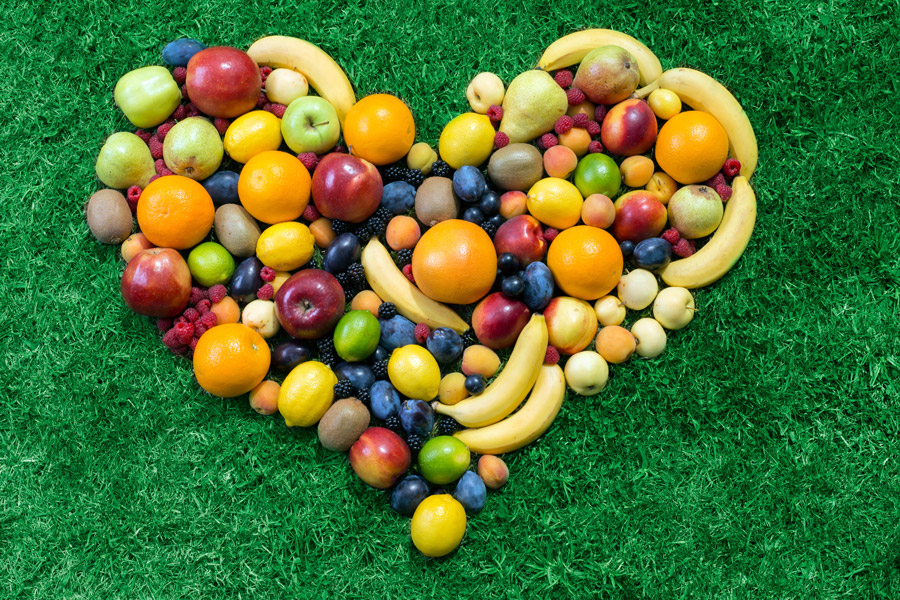
Below is a list of 11 foods to help reduce cholesterol levels, along with guidelines on how to best enjoy them.
NOTE:
- Use all foods in moderation
- Read labels carefully. Sometimes they can be misleading
- While on a triglyceride-lowering diet, be sure to avoid sweets and control the amount of simple and complex carbohydrates you eat (candies, sweets, and starchy foods such as flour, bread, and potatoes)
- Buy a good low-fat cookbook such as the one published by the American Heart Association
- Consult your physician if you have any questions
11 FOODS TO HELP REDUCE CHOLESTEROL
MEATS AND FISH
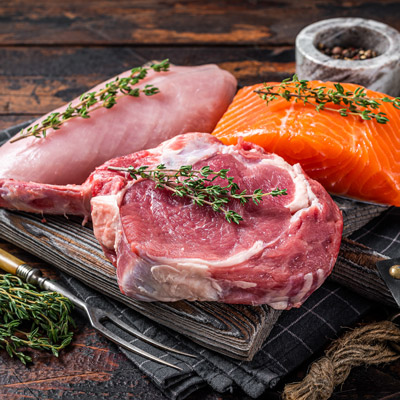
- Choose lean meats (chicken, turkey, lamb, veal, and non-fatty cuts of beef)
- Make sure to trim all visible fat from meat before cooking and remove the skin from poultry
- Choose fresh or frozen fish, canned fish packed in water, and shellfish (lobster and shrimp should be limited to twice per week)
- Other shellfish can be eaten 3 times or more
- Avoid marbled beef, duck, and goose (remove the skin from poultry)
- Avoid processed meats
- Avoid frankfurters and fast-food hamburgers (they're loaded with fat)
- Avoid canned fish packed in oil
EGGS
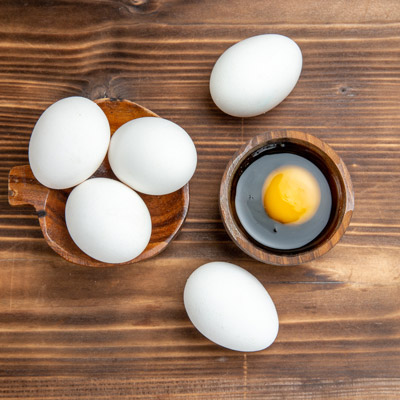
- Use egg substitutes and egg whites freely
- Limit the use of egg yolks to a maximum of 4 per week, including those used in cooking
FRUITS
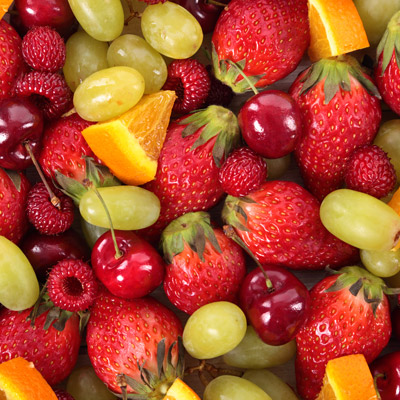
- Eat fresh fruit every day
- Be sure to have at least 1 citrus fruit daily
- Frozen or canned fruit with no added sugar or syrup may also be used
- Avoid coconuts, which are rich in saturated fats
VEGETABLES
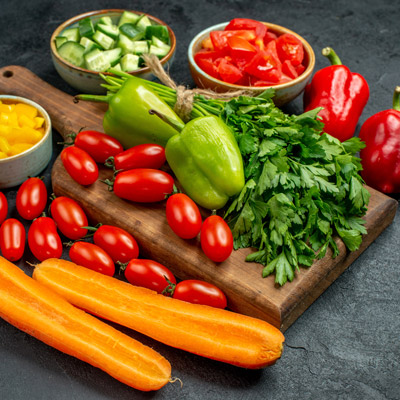
- Eat most vegetables freely (see exceptions on reverse side of packaging)
- One dark green (string beans, spinach) or 1 deep yellow (squash) is recommended daily
- Corn, lima beans, etc.; should be eaten sparingly since they are regarded as breads because of their starch content
- Cauliflower, broccoli, celery, and potato skins are recommended for their fiber content. (Fiber is associated with cholesterol reduction)
- Use the following freely: Vinegar, spices, herbs, non-fat bouillon, and mustard
- Avocados and olives are high in monounsaturated fat and calories. Eat them sparingly. (the allowed dietary intake is so small, it may be better to avoid them)
- Avocados and olives are high in monounsaturated fat and calories. Eat them sparingly. (the allowed dietary intake is so small, it may be better to avoid them)
BREADS
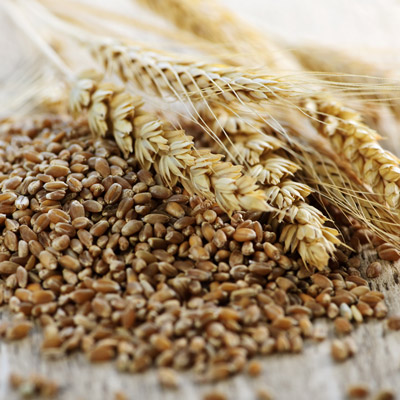
- Use whole-grain or enriched breads
- Crackers and melba toast may also be used as bread substitutes, as may pasta, rice, or corn
- Avoid any baked goods with shortening and/or sugar
- Avoid commercial mixes with dried eggs and whole milk
- Avoid sweet rolls, doughnuts, breakfast pastries (Danish)
- Avoid sweetened packaged cereals
BEANS
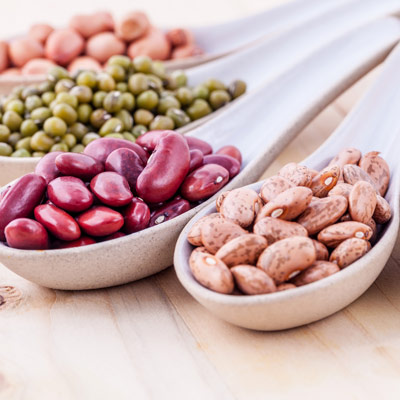
- BEANS
- Avoid commercially baked beans with sugar and/or pork added
NUTS
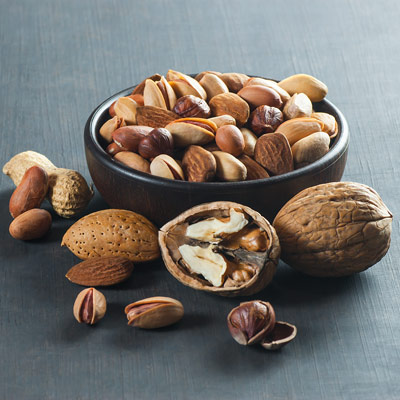
- Good protein alternative to meat
- Almonds, walnuts, and peanuts may be used sparingly (1 tablespoon), mainly for caloric reasons
- Eat peanuts and walnuts sparingly
- Limit all nuts as they are high in calories
CEREALS
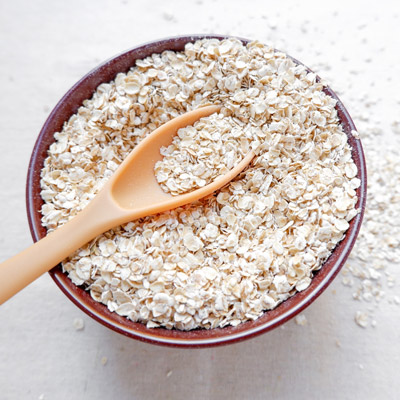
- Choose cereals (such as oatmeal) that are high in fiber and oat bran
- Avoid presweetened cereals or cereals that list sugar as a major ingredient
DAIRY PRODUCTS
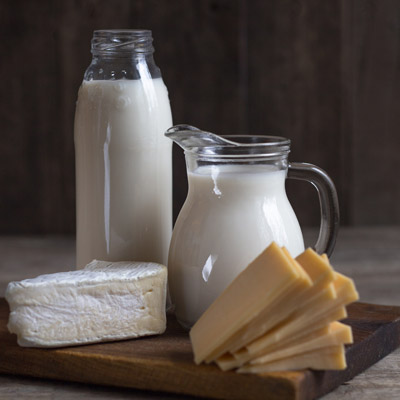
- Choose skim milk or 99% fat-free milk
- Choose low-fat cheese such as farmer's cheese, part-skim mozzarella, ricotta, or low-fat cottage cheese
- Use only low-fat yogurt
- Avoid whole milk and whole-milk packaged goods
- Avoid cream
- Avoid ice cream
- Avoid puddings made with whole milk
- Avoid whole-milk yogurts and cheeses
- Avoid nondairy cream substitutes
OILS AND FATS
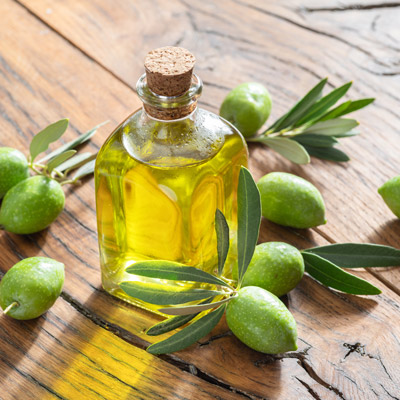
- Use vegetable oils that are high in polyunsaturated fats (such as safflower, sunflower, soybean, corn, and cottonseed)
- Canola and olive oil are also very good choices
- Very small amounts of margarine may be used. Read the label first
- void butter, lard, animal fats, bacon drippings, gravies, cream sauces, and palm and coconut oils. All of these are very high in saturated fats.
SNACKS AND DESSERTS
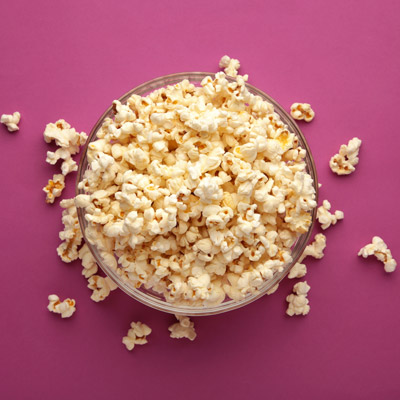
- Low-fat snacks include: ice-milk, sherbet, unflavored gelatin or gelatin flavored with a sugar substitute, pudding made with skim milk, egg-white souffles, or air-popped popcorn.
- Avoid fried snack foods (such as potato chips), chocolate, candies, jams, jellies, syrups, and hydrogenated peanut butter.
BEVERAGES
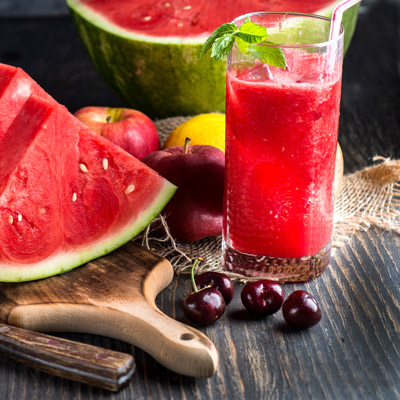
- Choose fresh fruit juices (approximately 4 oz per day), black coffee, plain or herbal teas, sugar-free soft drinks, club soda or seltzer (salt-free), or cocoa made with skim milk
- Avoid sugared fruit juices and soft drinks and cocoa made with whole milk and/or sugar
- When using alcohol (1 oz liquor, 5 oz beer, or 2.5 oz dry table wine per serving), 1 serving must be substituted for 1 bread or cereal serving. Limit alcohol to 2 servings per day.
